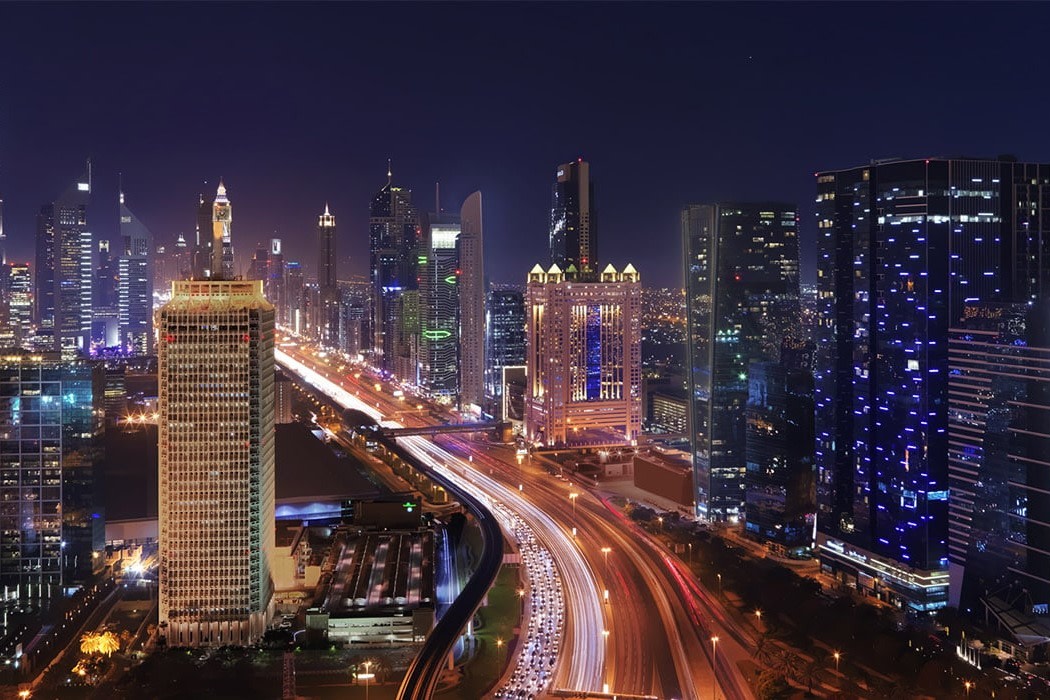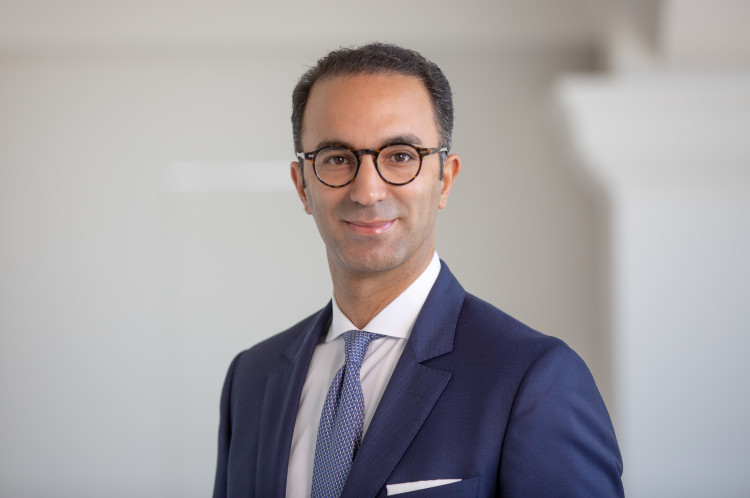Accor Reaffirms Commitment to Lowering Carbon Emissions and Improving Energy Security
Accor SA

In an unprecedented economic and environmental context, new ideas, impetus, and inspiration are needed to sustainably transform society. Accor has committed to net zero emissions by 2050 and increasing energy efficiency in the short and long term to lead this transformation.
Given the effects of climate change and the current energy crisis, it is critical for people and the planet to find concrete, pragmatic, and inventive solutions. Customers expect companies to have increasingly high environmental standards, and in the hospitality industry, they are looking for hotels that are committed to sustainability.
a standard that is consistent with and shapes Accion's global strategy. Accor was the first international hotel group to make a long-term commitment to decarbonize all of its operations and achieve net zero emissions by 2050, including a 46% reduction in emissions by 2030, as validated by the Science-Based Targets initiative, in early 2021. Given that energy accounts for 63% of the group's carbon footprint, accelerating the energy transition is critical to this commitment and is dependent on a low-energy, low-carbon approach:
Encourage a low-carbon way of thinking in the way the hotel works and in its supply chain, including with its suppliers. Complete conversion to smart, environmentally friendly hotel design Increase the use of green energy.
On average, Accor opens one new hotel around the world every day. Several hundred establishments are also renovated each year. Accor has long been committed to transitioning to low-energy buildings for new construction and major renovation projects, which reduces both carbon emissions and operating costs.
Securing the future also entails continuing to innovate by using low-carbon, recyclable building materials, such as high-performance insulation that significantly reduces energy consumption. It also means buying, making, and using low-carbon energy sources more quickly and, if possible, making renewable energy directly on-site.
The Sofitel Dubai opened in 2013. The Palm features insulating, sun-reflecting roof tiles, double glazing, energy-efficient air conditioning, a heat recovery system, presence detectors for corridor lighting, and 530 m2 of solar panels that cover 45% of the hotel's hot water needs. It was the first hotel in Palm Jumeirah to receive Green Globe certification, as well as the first Sofitel in the Middle East/North Africa region.
The JO&JOE Gentilly, near Paris, opened in 2017 and is our first hotel to receive the BBCA label based on four criteria: reasoned construction, controlled use, carbon storage, and circular economy. This relaxed open-air destination attracts both locals and visitors, and it even has fruit trees in the garden.
As energy prices have risen, particularly in Europe, governments and institutions have begun to use the term "energy sufficiency" more frequently. In France, the government has called on businesses and citizens to turn off infrequently used appliances and implement behavior changes to use energy more sparingly. In this context, Accor has contributed to a national hotel energy-saving plan. To go even further, the group recently announced that it would be implementing an ambitious and long-term energy sufficiency strategy in France, focusing on four key areas:
Reduce the heating and cooling intensity of your air conditioner. Close outdoor pools and reduce the number of steam rooms and saunas to save hot water and use it wisely. Reduce electricity consumption by turning off over 50,000 minibars. Change how you cook and how you take care of your kitchen to use less energy for cooking and cooling.
Accor has a responsibility to lead and inspire the transformation of the hospitality industry to provide experiences that are environmentally and socially responsible. By speeding up this change and creating a responsible model as a large group, Accor shows the world how to be more welcoming, respectful, and caring.
Source: Accor newsroom





